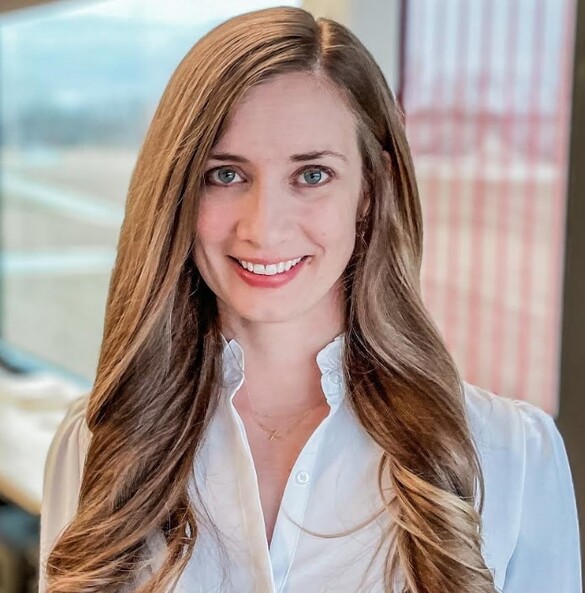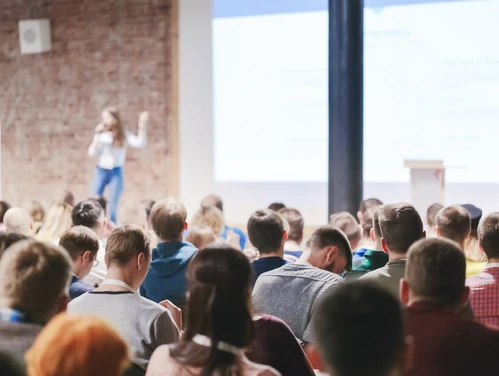While education and training can prepare students for future careers, education advocate Kristy Volesky believes that social capital is an often overlooked piece of the puzzle in linking students to careers and socioeconomic mobility.

Volesky, a former educator and Iowa Department of Education staff member who now owns Volesky Consulting, will be the keynote speaker at the 2025 Iowa’s Annual Work-Based Learning Coordinators Conference on April 14.
She brings more than 20 years of educational experience as a teacher, work-based learning coordinator, educator, state program consultant and national leader in work-based learning. Volesky recently published her first book, Transformational Work-Based Learning, to support coordinators overseeing internship programs.
Below, Volesky provides insight into the concept of social capital and why it is crucial to Iowa’s students, businesses and communities.
What is social capital, and why is it an essential component of work-based learning that needs more attention?
Social capital is about professional connections that lead to career success. If you think about professional networks, it's just all about who you know can help connect you with opportunities as well as advancement.
The idea of connecting students to professionals has been underscored for years. It's not something we typically think about in education. In looking at the research, more and more keeps coming out that unless you have a connection to a professional, the likelihood of continuing with any of the skills and knowledge you have from a course is not probable because you need those connections.
How can those connections and creating social capital narrow achievement gaps?
Research shows that connections made in high school determine students' future and their ability to advance well into adulthood and even into their 40s. Researchers found that students from high socioeconomic households had all these connections from the adults in their household to different networks in high-paying careers. However, students from low socioeconomic households only had connections to low-paying careers.
If we're bringing professionals into our classroom, if we're connecting kids with different experiences outside of the classroom, and we're providing those resources to make sure it can happen, whether it's transportation or school sponsor, whatever that may be, then students from low socioeconomic households can achieve and move into careers that are higher paying.
And we know that AI is removing those entry-level, low-level task positions. So, we must move students to a position to access these other careers. But it's not going to happen by offering a course. They need the human that says it's possible. Those networks are crucial to decreasing our equity gaps, improving access and filling jobs requiring high skills, which require something more than a high school diploma.
How can schools and businesses help students in creating their networks and social capital?
We need to acknowledge that this can't fall just on the shoulders of education. Creating networks has to be a community goal. We have to work together and figure out how to reach the goals for students and our communities systematically. It has to be a partnership piece, and we must find a way to get those businesses more involved. We need to collaborate with chambers of commerce city councils and be intentional about the why, and start pushing for collaboration because those are the best advocates, and they're out there talking to all these businesses and can hit more ground than an educator doing something with their limited time.
What do you hope attendees will learn and take away from your keynote session?
What I'm planning to offer in the keynote is why we have to do it and why there's so much urgency. The good news is we're almost there, but there are things that we have to do to get to the finish line.
The session I'm offering afterward is going to be a hands-on workshop. All of this is connected back to district career and academic plans and they should be able to take those lessons back and make them relevant and applicable.
*The 2025 Iowa’s Annual Work-Based Learning Coordinators Conference will be held on April 14 at the Prairie Meadows Event and Conference Center in Altoona. Iowa educators can still register to attend.
